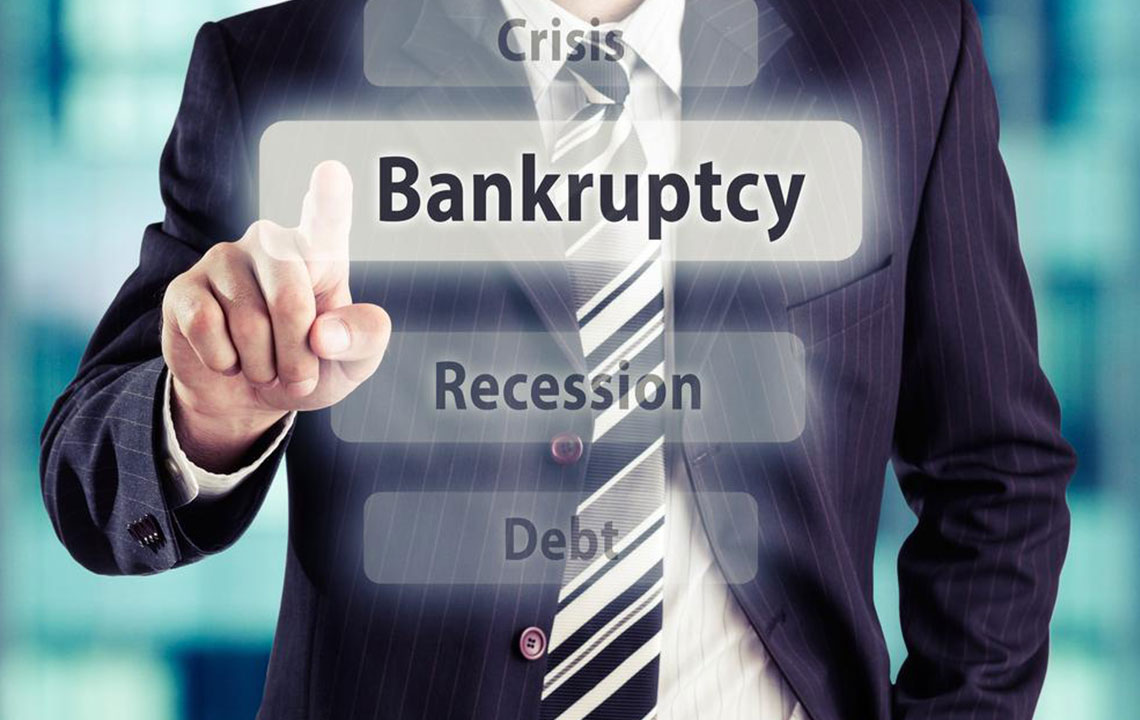Comprehensive Guide to Finding Affordable Legal Assistance for Everyone
This comprehensive guide explores various affordable legal assistance options, including legal aid organizations, lawyer referral services, and community dispute resolution programs. It highlights how low-income individuals can access quality legal help through these channels, ensuring justice is within reach for everyone. The article provides practical tips for qualifying for free or low-cost legal services, emphasizing the importance of understanding eligibility and available resources for resolving legal issues efficiently and affordably.

Comprehensive Guide to Finding Affordable Legal Assistance for Everyone
Obtaining high-quality legal representation without breaking the bank can often be a daunting task for many individuals. The legal industry is known for its high consultation fees and costly expert services, making it difficult for people with limited financial resources to access justice. However, there are numerous options available that can help you find budget-friendly legal assistance without compromising on the quality of service. This comprehensive guide explores various avenues where affordable legal help can be accessed, ensuring that everyone has the opportunity to protect their rights and interests.
Understanding Legal Aid Organizations
Legal aid organizations are a crucial resource for individuals who cannot afford traditional legal services. These non-profit agencies are dedicated to providing free or low-cost legal assistance to those in need. The primary goal of these organizations is to promote equitable access to justice regardless of financial circumstances. Eligibility is typically determined based on income levels and financial need, often requiring applicants to submit proof of income or other documentation to verify their eligibility.
Legal aid agencies usually focus on specific areas of law, such asSocial Benefits, Immigration and Naturalization, Employment Law, Family Law, and Housing. For instance, if you face issues with public assistance, visa applications, wrongful dismissal, divorce, child custody, or eviction, legal aid organizations can offer vital support. It's important to understand that due to limited resources, these services are generally reserved for cases involving low-income individuals or families, and their availability can vary depending on your location and the nature of your legal issue.
Legal aid services are designed to make legal support accessible to the most vulnerable populations. To qualify, applicants often need to demonstrate financial hardship through income documentation such as pay stubs, tax returns, or government assistance notices. While the scope of services is limited, legal aid agencies effectively handle a broad range of basic legal matters, ensuring that helps are available for routine issues that could otherwise lead to significant personal or familial consequences.
Lawyer Referral and Assistance Services
Another practical resource for affordable legal help is lawyer referral services. These services serve as a bridge between individuals seeking legal advice and qualified attorneys willing to provide affordable or free consultations. Many jurisdictions operate lawyer referral programs, allowing you to connect with attorneys who offer initial consultations at minimal or no cost. These programs often have eligibility criteria or may refer you to affordable legal clinics if you do not qualify for free services.
Most lawyer referral services are transparent about the costs involved. Once you are connected with a lawyer, you can discuss your case in detail and clarify fees upfront. Even if you do not qualify for free legal aid, these services can help you find reasonably priced lawyers who provide quality services at a fraction of the typical legal fees.
Community Dispute Resolution Programs
Community-led dispute resolution initiatives have gained popularity as an alternative way to resolve legal conflicts amicably without lengthy court procedures. These programs focus on mediation and negotiation, encouraging disputing parties to reach mutually acceptable solutions outside the traditional courtroom. By emphasizing dialogue and compromise, community dispute resolution programs can save both time and money, making legal conflict resolution more accessible and less expensive.
These programs are often run by local community organizations, legal clinics, or nonprofit agencies, and they typically target issues such as neighbor disputes, minor contractual disagreements, and family conflicts. While they do not replace legal representation entirely, they serve as effective tools for avoiding costly legal battles, thereby reducing overall legal expenses for individuals and communities.
In conclusion, affordable legal assistance is not out of reach if you know where to look. Legal aid organizations, lawyer referral services, and community dispute resolution programs are invaluable resources for navigating the legal landscape without exceeding your budget. Whether you're dealing with family issues, immigration concerns, employment disputes, or basic civil rights, these options can provide the essential legal support you need to protect your interests and ensure justice is accessible to all.




